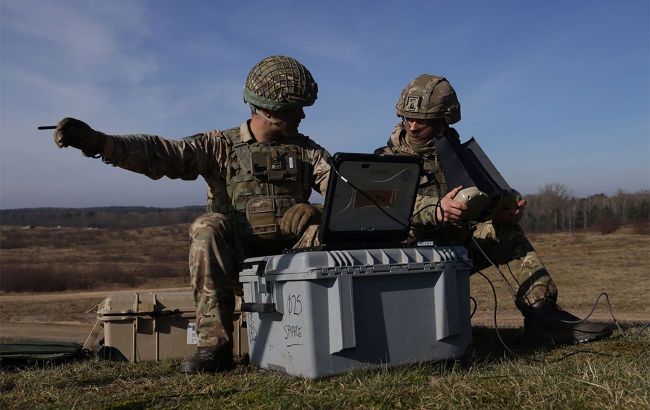NATO finalizes 4,400-page plan to bolster eastern flank amid possible Russian attack
 Illustrative photo: NATO troops to focus on defending the eastern flank (Getty Images)
Illustrative photo: NATO troops to focus on defending the eastern flank (Getty Images)
NATO has prepared a defense plan against a possible attack by the Russian regime on Alliance members. The plan spans more than 4,400 pages and focuses on the eastern flank, Welt reports.
The document, titled Eastern Flank Deterrence Line (EFDL), was developed with input from all 32 NATO members under the direction of the Allied Land Command (LANDCOM).
It outlines a series of comprehensive measures to protect NATO's eastern flank. These include strengthening combat units, redeploying heavy equipment, and using drones and autonomous systems. Another key focus is improved coordination and data sharing among allies.
Zero readiness
A retired high-ranking NATO General told the publication that the Russian regime is already in Phase Zero, also described as zero readiness for confrontation with NATO. Russians are building up military forces, conducting cyberattacks, spreading disinformation, and carrying out reconnaissance operations.
The former general noted that the highest threat of an attack on NATO, particularly the Baltic countries, will come after the war in Ukraine ends, when the Kremlin could redeploy resources north and launch an invasion. Experts and analysts, however, say there is currently no full-scale war between Russia and NATO.
What is Phase Zero?
Phase Zero is a concept in US and NATO military strategy describing a preparatory stage before open combat operations. It is a period when the enemy has not yet attacked physically, but begins creating conditions for war.
Russia actively used Phase Zero before it invaded Ukraine in 2014 and 2022 through propaganda, fake claims of "oppression of Russian speakers," cyberattacks, and political destabilization.
Is NATO ready?
Amid threats from Russia, the European Union is creating a new system to rapidly move troops and equipment across member states' territories. The initiative aims to ensure operational mobility in case of a military threat.
The Institute for the Study of War (ISW) reports that Russia could become a real threat to NATO by 2036, the ultimate readiness deadline cited by Western military analysts. Russian sabotage and espionage activity indicate preparation for a potential war with the Alliance.

